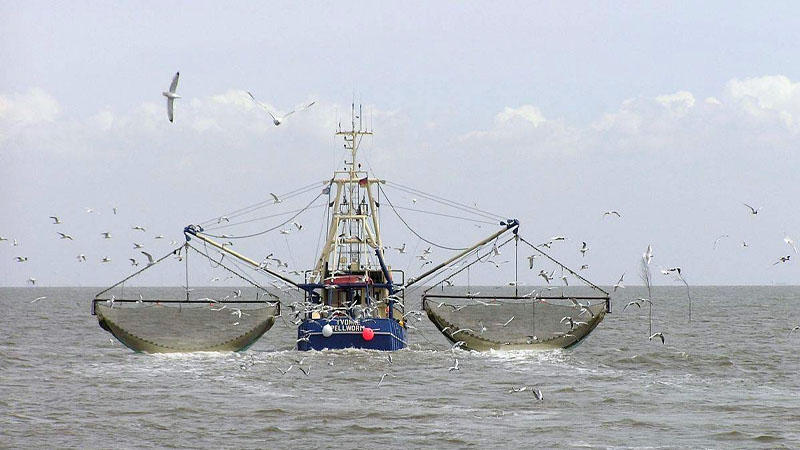Exclusive content

The National Fisheries and Aquaculture Authority (NaFAA) has embarked on the development of a shrimp management plan. This initiative, supported by the World Bank under the Liberia Sustainable Management of Fisheries Project, marks a pivotal moment in the nation’s efforts to ensure the sustainability of its marine resources.
Addressing Declining Revenue
Hon. Augustine M. Manoballah, Deputy Director General of NaFAA, emphasized the critical need for such a plan amidst a concerning decline in revenue generation within Liberia’s fisheries sector. This decline underscores the urgency to adopt strategic measures to safeguard valuable species like shrimp while maximizing their revenue potential for the country.
Highlighting the economic significance of shrimp, Hon. Manoballah stressed the importance of developing a management plan tailored to its sustainable exploitation. As one of Liberia’s high-value species, shrimp presents an opportunity for revenue generation and economic growth when managed effectively.
Workshop Commences Validation Process
The momentum towards sustainable shrimp management was palpable as stakeholders convened for a one-day workshop on the validation of a draft shrimp fishery management plan. Held at NaFAA Corporate Headquarters near the Freeport of Monrovia, the workshop signaled a collaborative effort to ensure the plan’s efficacy and alignment with national objectives.
Drawing from recent experimental fishing endeavors and preliminary data, the development of the shrimp management plan is grounded in empirical evidence. Hon. Manoballah highlighted the instrumental role of the World Bank in supporting these efforts, including the engagement of consultants to synthesize data and formulate an effective management strategy.
Call for Collaborative Action
In his address, Hon. Manoballah called upon other governmental agencies and ministries to rally behind NaFAA in the full implementation of the shrimp management plan. Emphasizing the importance of collective action, he underscored the need for multi-sectoral cooperation to realize the plan’s objectives effectively.
The validation workshop convened a diverse array of stakeholders, underscoring the broad support and interest in Liberia’s fisheries management initiatives. Representatives from the World Bank, European Union, United Nations Food and Agriculture Organization, as well as various governmental bodies and industry stakeholders, contributed to the discourse on sustainable shrimp management.